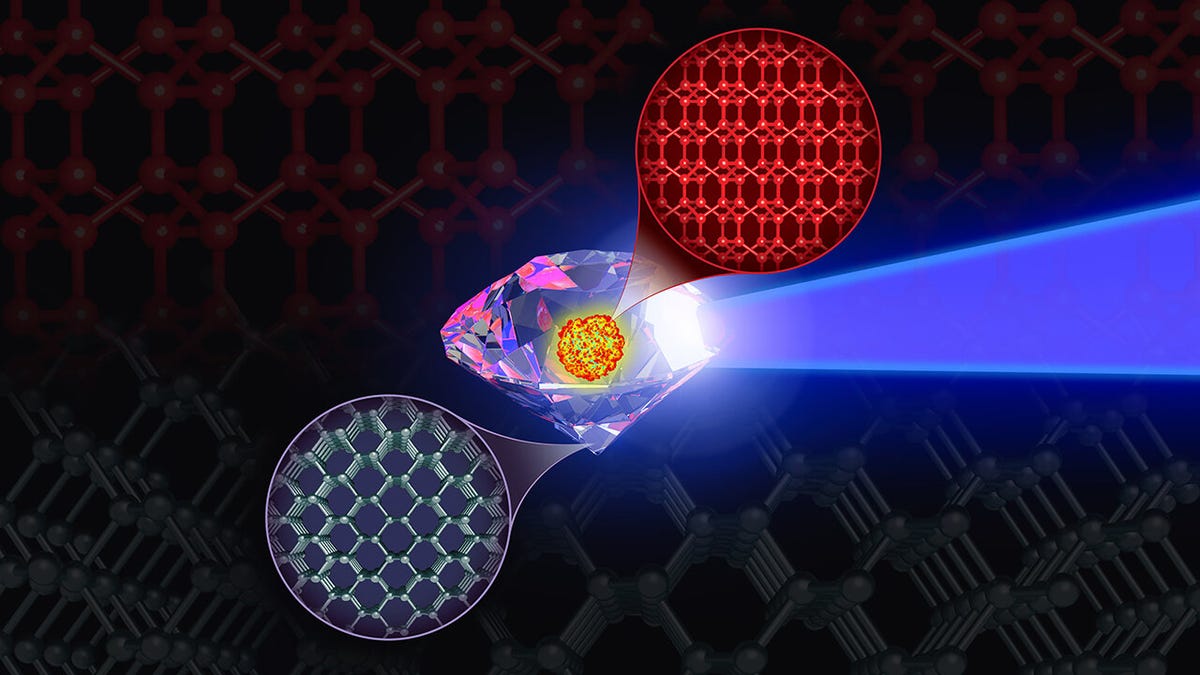Advances in Quantum Computing Technology
In the realm of quantum computing, there is a growing consensus that addressing significant challenges will necessitate the implementation of error correction mechanisms. Nonetheless, the precise technology required to achieve this goal remains a subject of considerable debate among experts in the field. Several prominent companies, including Microsoft, Intel, Amazon, and IBM, have each committed to varying technologies in pursuit of error correction capabilities, while a diverse array of startups are exploring alternative solutions.
Key Considerations for Error Correction
The crux of error correction in quantum computing lies in the ability to connect multiple hardware qubits to function as a cohesive unit known as a logical qubit. This approach involves distributing a single quantum bit of information across multiple hardware qubits, thereby enhancing its resilience. To monitor and rectify errors, additional qubits are employed to oversee the behavior of the primary data-storing qubits. Some error correction methodologies mandate the allocation of over a hundred hardware qubits for each logical qubit, indicating the necessity for tens of thousands of hardware qubits before practical applications can be realized.
Many companies have sought to address this scalability challenge by leveraging existing expertise in large-scale hardware manufacturing, such as silicon chip fabrication. By implementing similar processes used in conventional processor production to create quantum dots on silicon chips, companies endeavor to resolve the scalability obstacle. In this approach, quantum dots are utilized on the chip’s surface to store single electrons capable of preserving qubits through their spin. The chip’s remaining components encompass conventional circuitry responsible for initiating, controlling, and reading the qubit.
Overcoming Temperature Sensitivity
One notable concern that arises in quantum dot technology is the imperative to maintain the qubits below one Kelvin to prevent external interference. However, the heat generated by the chip’s surrounding circuitry, akin to x86-based laptops, poses a hindrance to temperature control and qubit stability. A recent study published in Nature by an international team, including researchers from the startup Diraq, challenges this longstanding assumption.
The research revealed that a silicon quantum dot processor could operate effectively at a comparatively higher temperature of 1 Kelvin, significantly surpassing the standard milliKelvin operational threshold. The team’s experiment employing a two-qubit prototype demonstrated promising results, attributed to material selection for noise reduction and methodical error mitigation strategies. While conventional state preparation and measurement (SPAM) maintained consistency around 1 Kelvin, exhibiting minimal variation until 1.4 Kelvin, error rates were contingent on the prepared quantum state. Notably, specific states exhibited fidelity exceeding 99%, indicating substantial progress in mitigating errors.
Despite the encouraging findings, the error rates of hardware qubits remain above the threshold necessary for error correction mechanisms. The researchers posit that identified error processes can potentially be offset, particularly with the prospect of industrial-scale manufacturing facilitating the development of functional hardware.
Image/Photo credit: source url





